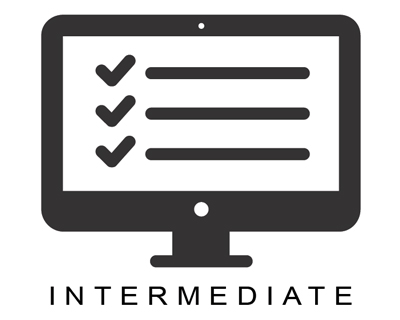![]()
Cross-Sector collaborations are the driving force of the Baltimore Office of Sustainability’s (BoS) citywide composting efforts. BoS works closely with non-profit organizations, city agencies and countless community stakeholders, leaders and environmental activists to advance composting infrastructure across the city. With robust support from the Natural Resources Defense Council’s (NRDC) Food Matters program, BoS is helping the city divert food from its waste stream for composting and improve the environment of the city in the process. In this session, Ava Richardson, Food Matters Technical Adviser with BoS, will share the city’s model for advancing community composting through creative programming with key partners including the Institute for Local Self-Reliance (ILSR) and the Baltimore Compost Collective (BCC). Founded in 1974, the Institute for Local Self-Reliance (ILSR) is a nonprofit advancing recycling, zero waste, decentralized energy, independent businesses, and other facets of a homegrown economy. ILSR has a long history of advancing composting as a means to create jobs, enhance soils, sequester carbon, and reduce waste. The organization will be offering a series of workshops on how to compost at home and at the community garden level. Participants will learn the basics of composting and how to compost successfully. ILSR is collaborating with several sites throughout the City to host the training including Real Food Farm, Filbert Street Community Garden, and the Recovery Garden. Brenda Platt, Director of Composting for Community Initiative at ILSR, is one of the nation’s leading experts on community composting. She has authored numerous reports on the social, environmental and economic benefits of composting including – the Yes! In My Backyard: A Home Composting Guide for Local Government, The State of Composting in the U.S.: What, Why, Where, How and Pay Dirt: Composting in Maryland to Reduce Waste. The Baltimore Compost Collective is a project of United Workers in partnership with the Institute for Local Self-Reliance and Filbert Street Community Garden. The Baltimore Compost Collective is a youth entrepreneurship program that trains participants in workforce skills, food access programming, and community-scale composting in the Curtis Bay neighborhood of South Baltimore. BCC provides first-time employment for area youth, giving them experience working with a green start-up enterprise and entrepreneurial skills. Under the leadership of Master Composter, Marvin Hayes, youth are trained in composting best management practices receiving guided, hands-on experience managing a small-scale composting operations through experiential learning. The program also supports Filbert Street Garden outdoor education and food access programming. BCC anticipates that the success of the Baltimore Compost Collective as a model for community-oriented composting operation that will lead the City to invest in a distributed composting infrastructure that builds community and equity. Co-Author/s: Brenda Platt, Institute for Local Self Reliance, bplatt@ilsr.org // Marvin Hayes, United Workers/Baltimore Compost Collective,Marvinhayes30@yahoo.com
Speakers: Ava Richardson
Duration: 40 minutes
Credits: 1.0
Member Price: $60.00
Non-Member Price: $105.00
Purchase Course Now
BUS.219-Community Composting: Lessons from Baltimore City, MD-AC20.USCC
